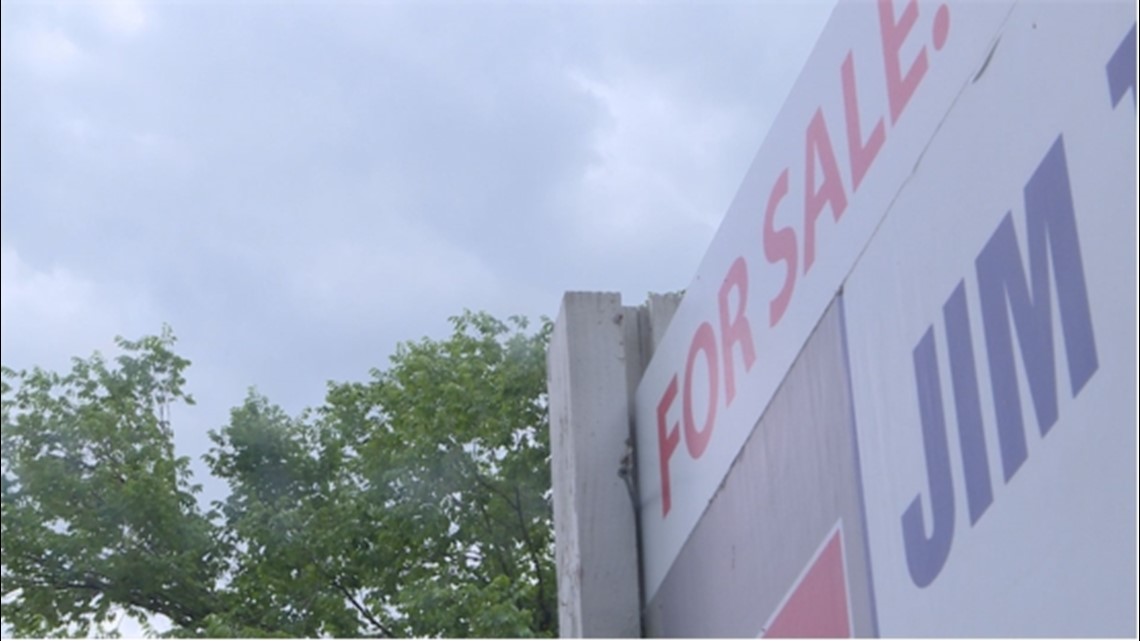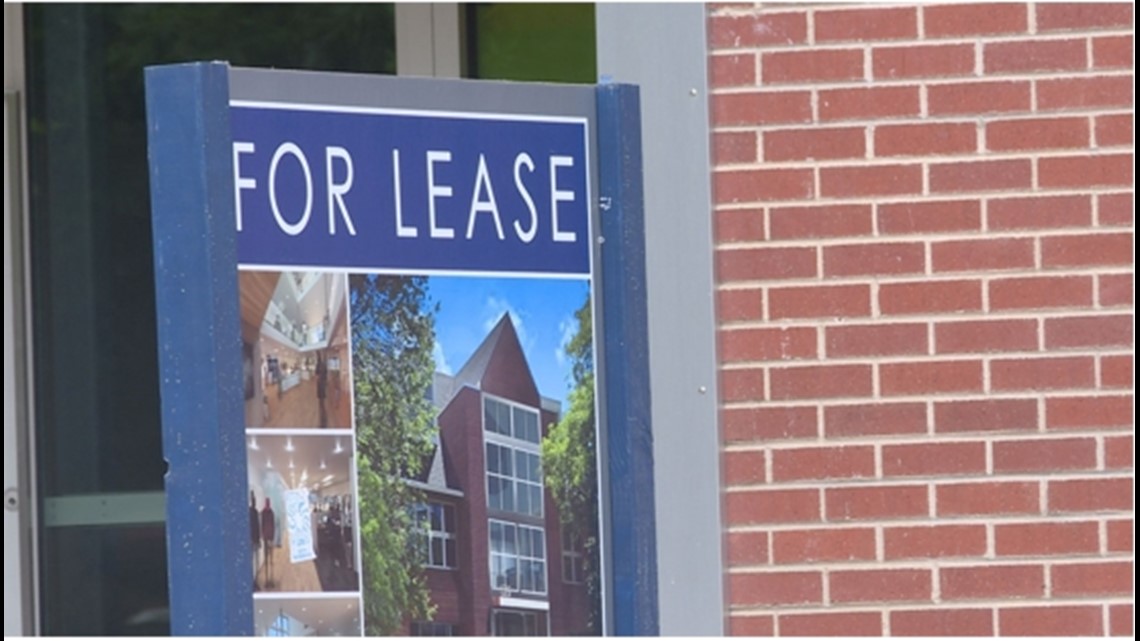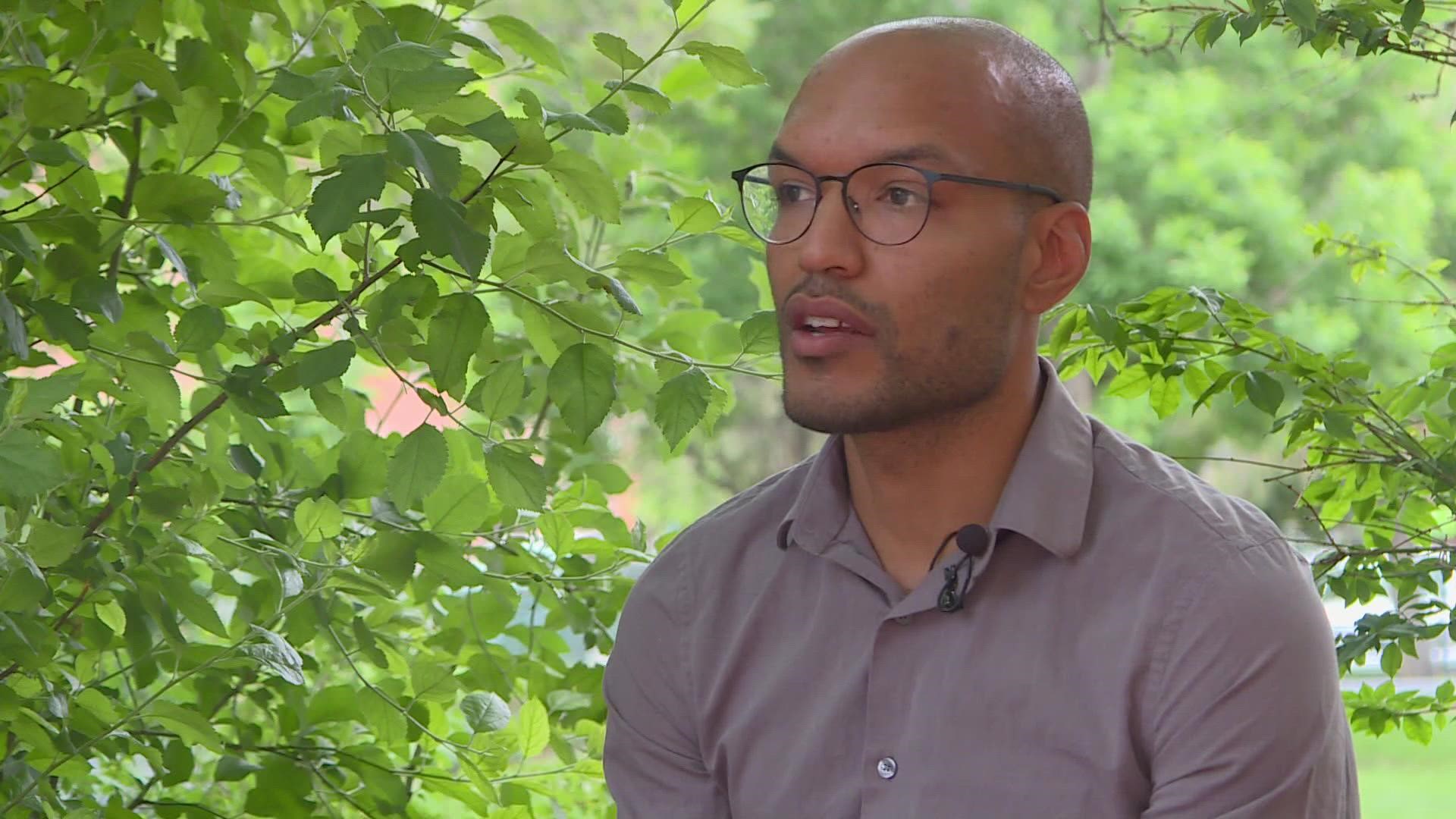BOULDER, Colo. — Organizations that provide housing or rental assistance have had a busy few years.
In Colorado, the pandemic only exacerbated an already tight situation with housing, says Jonathan Cappelli, the executive director of the Neighborhood Development Collaborative (NDC).
"There was already a housing crisis and then it was compounded by the pandemic and then compounded again by housing costs being the highest we've ever seen historically," he said. "So existing crisis plus two new crises on top of that changed everything."
The NDC is a nonprofit that calls itself a community development corporation. They're composed of at least 20 affordable housing and community development organizations along the Front Range.
Members include entities like the Housing Authority of the City of Aurora, Brothers Redevelopment and the Denver Housing Authority, among others.
"Whenever there's opportunities to collaborate between members to implement certain programs, whether it's direct housing assistance during the pandemic, or increased resident services to empower residents to achieve even greater financial stability," Cappelli said, describing the organization.
He said recently, there has been a renewed focus on housing.
"What I think a lot of folks traditionally thought was a problem for folks who were lower income and people of color became an issue for everyone," he said.
In March of this year, the U.S. Census Bureau released its five-year data from the American Community Survey (2016-2020), which provides statistics on housing.


The data also breaks down home ownership in Colorado by race and ethnicity.
The data found that 52% of Hispanic or Latino Coloradans owned their home, and 41% of Black or African Americans owned their home.
When it comes to white Coloradans, 68% owned their home.
Cappelli believes in part, that the gap stems from the increasing role family wealth plays, or the ability to receive help from family when say, putting a down payment on a home.
"You end up getting a situation where they don't have access to the same resources to compete effectively in this market," he said.
Cappelli later said he believes the trend is also in part due to "racially influenced subprime mortgage practices."
"The Great Recession disproportionately reduced homeownership and wealth rates for Black and Brown Households--leading to these families being less able to help their kids attain homeownership compared to their white counterparts," Cappelli said.
Additionally, Cappelli said he believes the focus has shifted on providing affordable rent, rather than access to home ownership.
"With all of these increasing needs and increasing barriers for everyone, plus that layered on top of historic inequities, you have a situation where the status quo isn't -- if it wasn't increasing homeownership rates before, it's certainly not increasing it now," he said.


Earlier this week, the Denver City Council passed legislation that looks to make sure more affordable homes are built.
According to a press release, the new policy "ensures more affordable homes are built by requiring on-site affordability in rental and for-sale properties of 10 units or more."
Editor's Note: This article has been updated to clarify information from Cappelli about homeownership rates for Black and brown households.
SUGGESTED VIDEOS: Colorado real estate market

